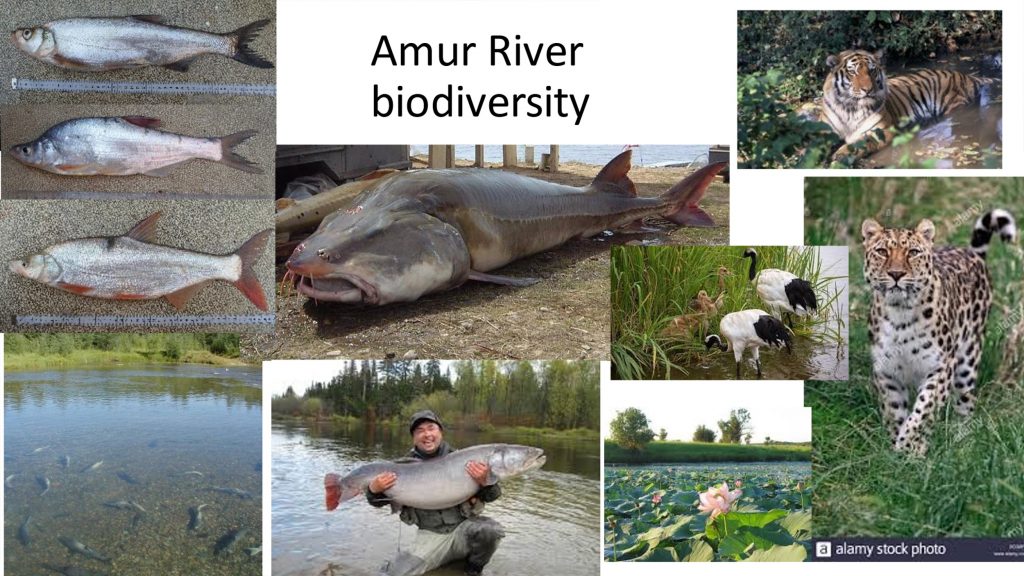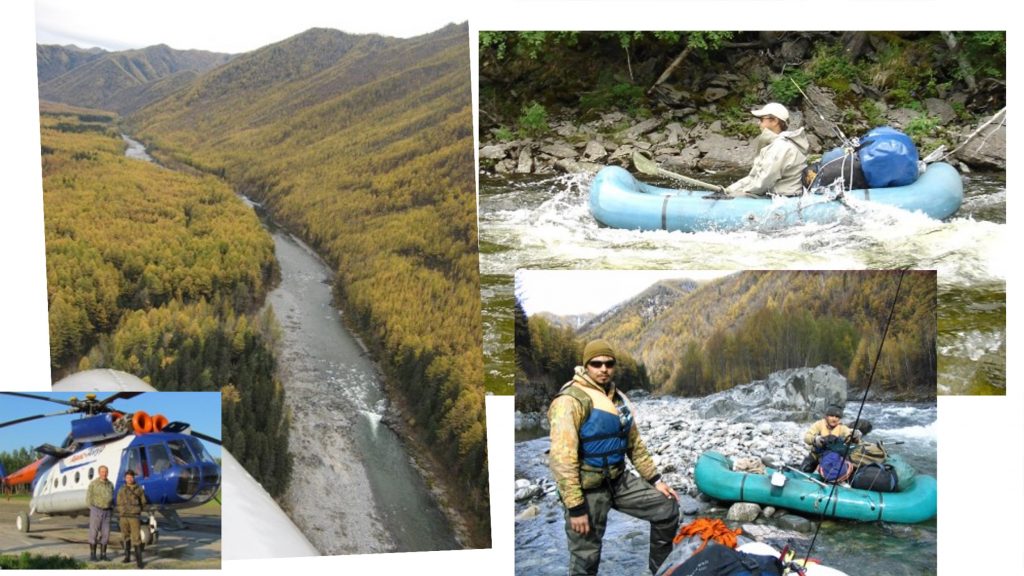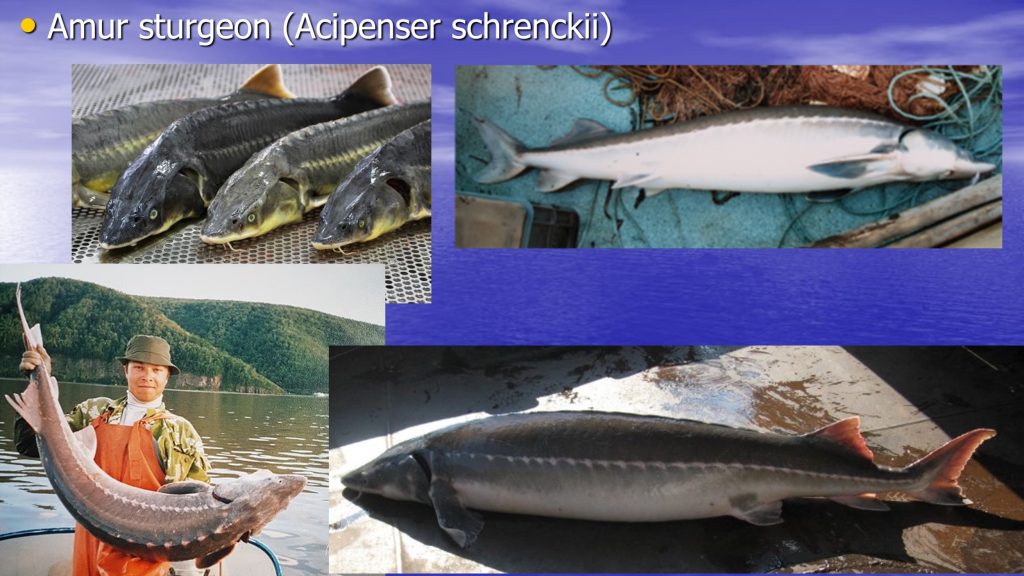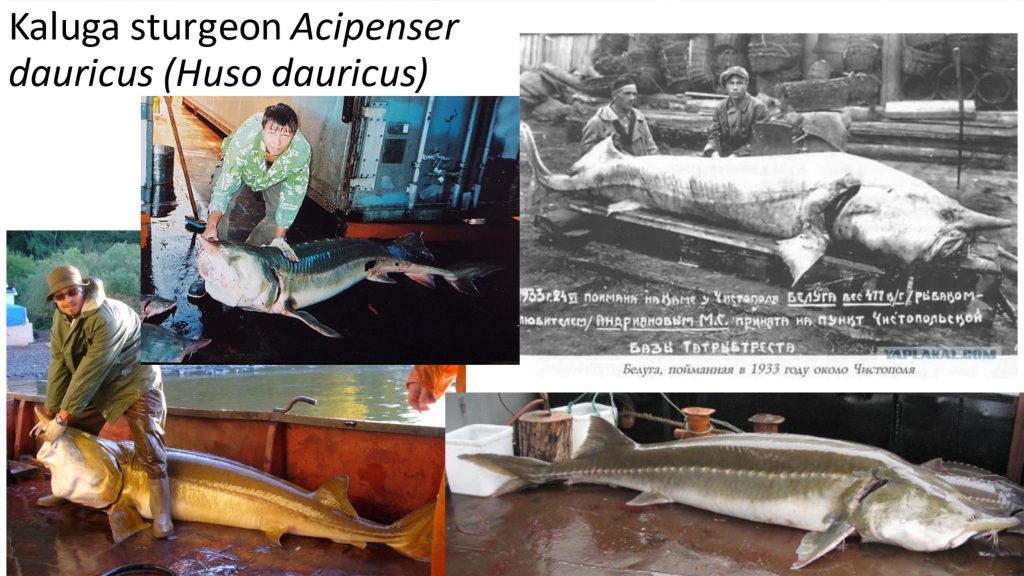On 26 February, Pavel Mikheev, a researcher and teacher at Perm State University, delivered a lecture for the largest polytechnic university in Canada – the British Columbia Institute of Technology.
Pavel Mikheev, PhD is an associate professor at the Department of Vertebrate Zoology and Ecology, Faculty of Biology, PSU. He is also a leading research fellow at Khabarovsk Branch of All-Russian Research Institute of Fisheries and Oceanography.
The Lecture titled “Fisheries Research of Aquatic Biological Resources of Amur River” had been delivered in English to the students in Fish, Wildlife and Recreation, and contributed to international cooperation in fisheries science.
The choice of topic and audience was not accidental, as the economy of British Columbia relies primarily on natural resources. Serving a hub point and premise for largest ports in the Nothern Pacific, the place acquires international trade in most ways. The seas and rivers of British Columbia are home to many large populations of fishery-valuable species, salmon and sturgeon, in particular.
The lecture by Pavel Mikheev regarded the biodiversity of the Amur River fish fauna. The Amur River being the fourth longest river in Russia, and tenth largest river in the world, shares its catchment area with China and Mongolia. Fisheries at the Amur River are a great contribution to the local economy.
“Located at the connection of various biogeographic zones, the Amur basin possesses a unique terrestrial and aquatic biota,” comments Pavel Mikheev. “The river ichthyofauna includes about 130 species and subspecies of fish. Among them are boreal ones, such as coregonids and salmonids, as well as species of Chinese and Indian origin”.
Pavel Mikheev presented the key aspects of fishery research of freshwater fish stocks inhabiting the main channel and tributaries of the Amur River, as well as Pacific salmon spawning in the river basin. The lecturer addressed the specific character of fisheries, related to that. An emphasis was done on methods used to estimate the stocks and forecast the volume of catch. Also, Pavel Mikheev spoke on measures taken to preserve and restore the fish abundance, such as environmental monitoring and ecosystem observations.
As a response, the lecture aroused positive feedback both among students and Canadian experts in biodiversity, ecology, and fisheries management in the Pacific Northern Hemisphere.




